Advertisement
The Real Winners And Losers Of The 2014 Winter Olympics
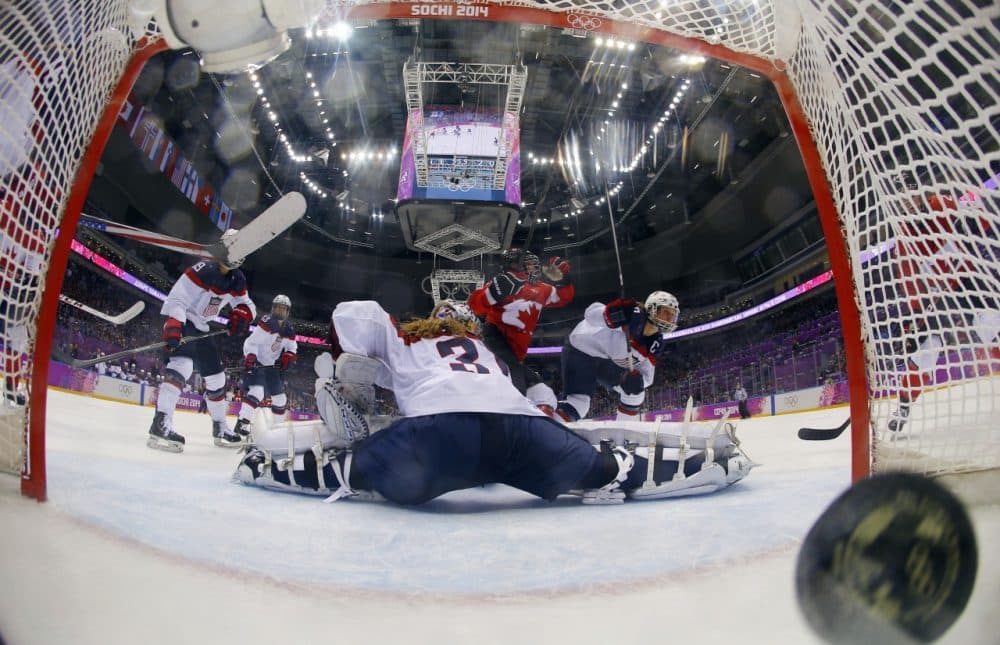
With only a few days remaining in the XXII Winter Olympics, it’s not too early to declare some of the winners and losers in Sochi.
WINNERS:
The Dutch Speedskating Team
The Dutch have always excelled at speedskating, but what they’ve accomplished in these Games is staggering. To date the Netherlands has won 21 long track medals, six gold, and one in short track. At press time, the host country, Russia, has the same number — 22 medals, six golds — in all Olympic events. The next highest medal haul in long track speedskating is two (the Czech Republic, Canada and Russia). To date, the mighty U.S. has been shut out.
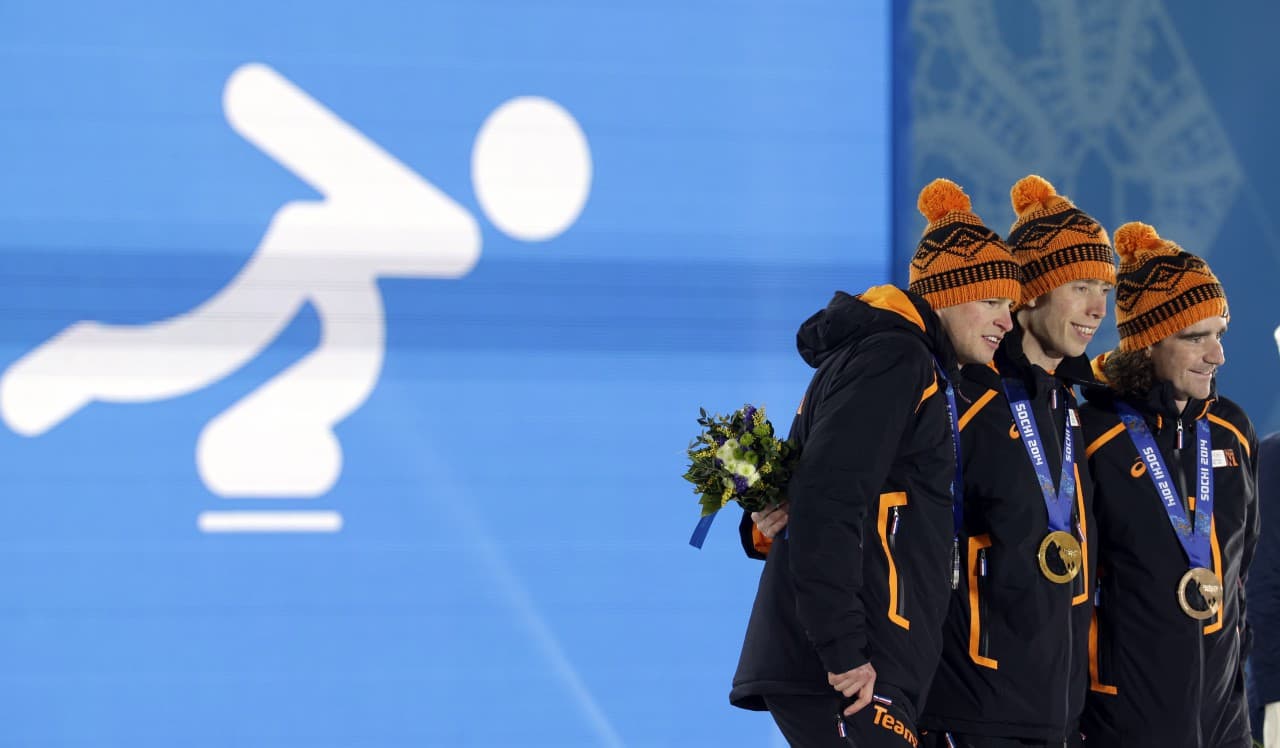
The origins of speedskating date back a time when lads raced on the frozen canals of Holland. But few could have predicted this sudden Dutch domination. Previously the most speedskating medals the Netherlands had garnered in the Olympics was 11, in 1998, and they won just eight medals in the discipline in 2010. Something’s happened that the rest of the world hasn’t caught on to. Here’s hoping it’s a breakthrough in skate technology, and not a drug scandal waiting to unfold.
Slopestyle
Before these Games, about 42 people could tell you what slopestyle was, and most of those were hairdressers. Now anecdotal evidence suggest it’s the hottest thing at ski resorts since Flaming Jagerbombs. Of course it didn’t hurt that the first two American gold medals in Sochi were in snowboard slopestyle. Or that the three U.S. men who swept the ski slopestyle were puppy-adopting, date-seeking heartthrobs. But the fact is the sport is telegenic, appealing to the young and dangerous: a perfect formula for must-see TV.
Advertisement
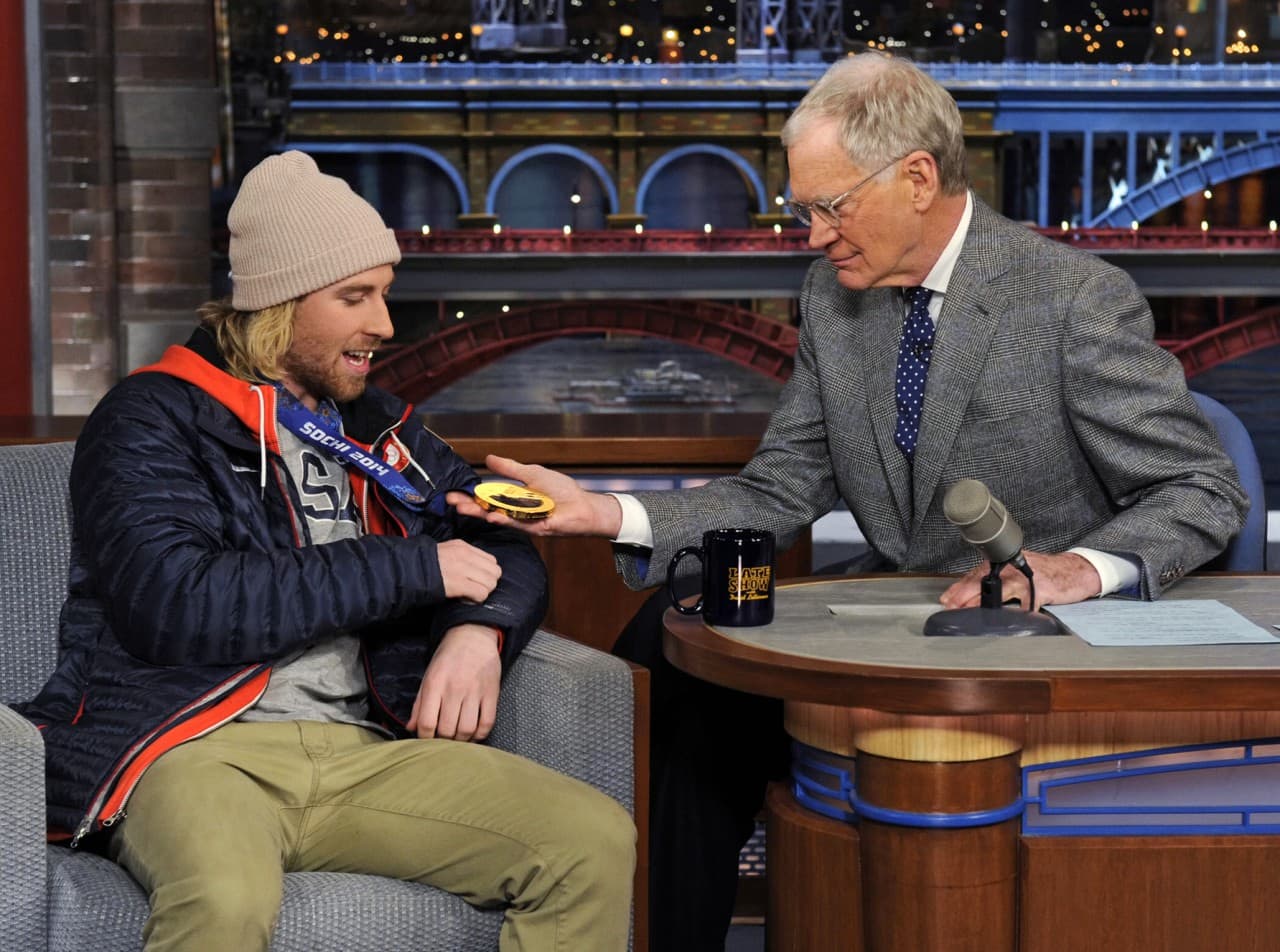
“The day after the sweep … at least 10 different people, new faces, came up to me and asked about slopestyle,” Joey Normandeau, the freestyle program coordinator at Sugarbush, told the Boston Globe. “I was a little bit blown away.”
Look for slopestyle courses to become permanent fixtures at your favorite ski resort — and a heads-up to all the nearby emergency rooms.
Ted Ligety
Think of the great American skiers: Phil and Steve Mahre. Tommy Moe. Bode Miller. Lindsey Vonn. Julia Mancuso. Bill Johnson. Well, only two have ever won two Olympic gold medals: Andrea Mead Lawrence (legend). And now Ted Ligety.
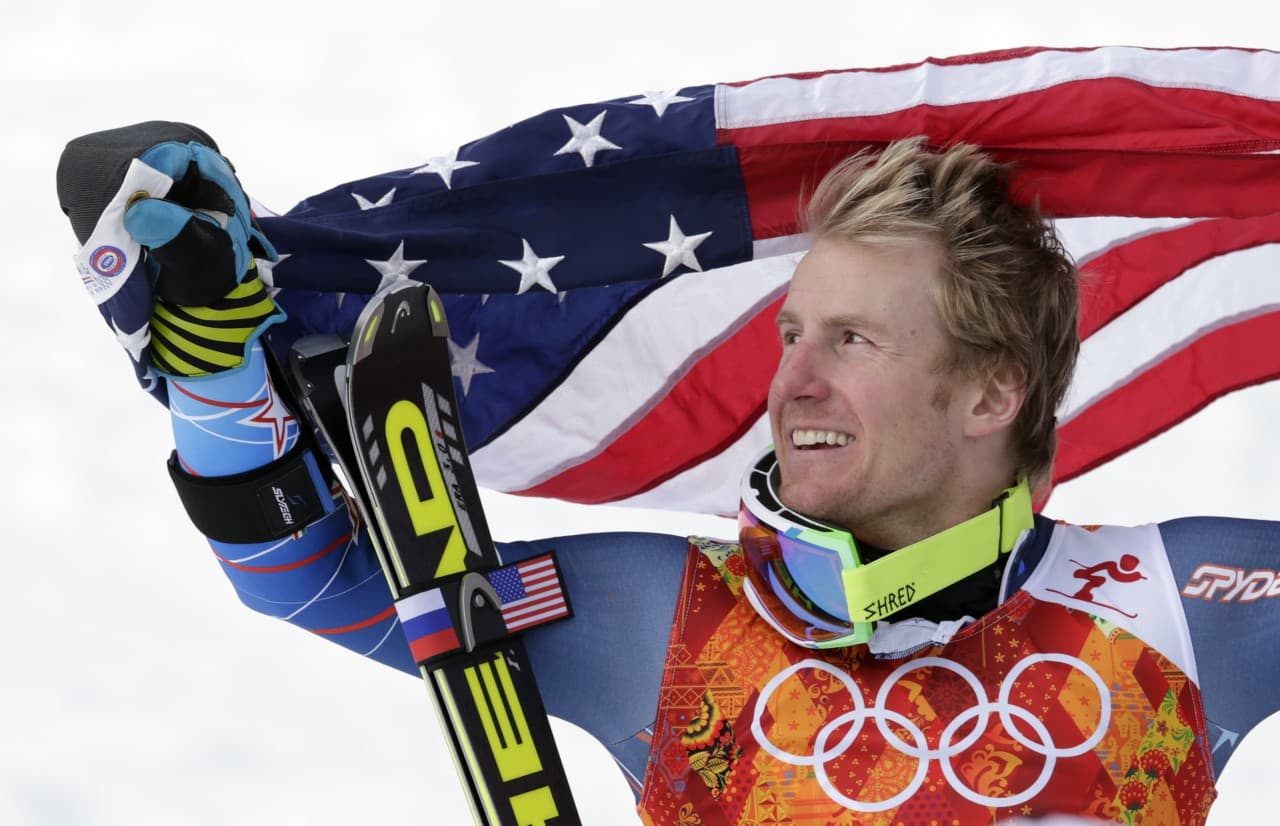
Ligety made an early splash by winning gold in the super combined event in Torino when he was just 21. But four years later he was shut out in Vancouver, and in his first two races in Sochi he finished 14th in the Super G and 12th in the super combined. With most of the attention (and pressure) on Miller, however, the 29-year-old Ligety blew the field away on his first run in the giant slalom, winning the heat by 0.93 seconds — a massive margin. Skiing conservatively on his second run, he ended up winning the gold by 0.48 seconds. It was certainly no fluke. Ligety has won four of the last six season titles in giant slalom, and is currently the two-time defending world champion. But without the Olympic gold, those titles would have been overlooked. The first skier outside of Europe to ever win an Olympic giant slalom, Ted Ligety has now put himself into the conversation as best-ever American skier.
BMW
Car buffs were excited to learn that BMW Designworks had thrown its hat in with the American bobsledders, and for good reason. The new U.S. sleds — designed by the German automaker — proved to be, on balance, the fastest on the track, and with just the four-man event remaining, U.S. bobsledders are the only country to have won more than one medal. The two-man BMW sleds have taken home one silver and two bronze medals. Traditional bobsled power Germany, meanwhile, which had won the last three Olympic gold medals in the two-man event, was shut out.
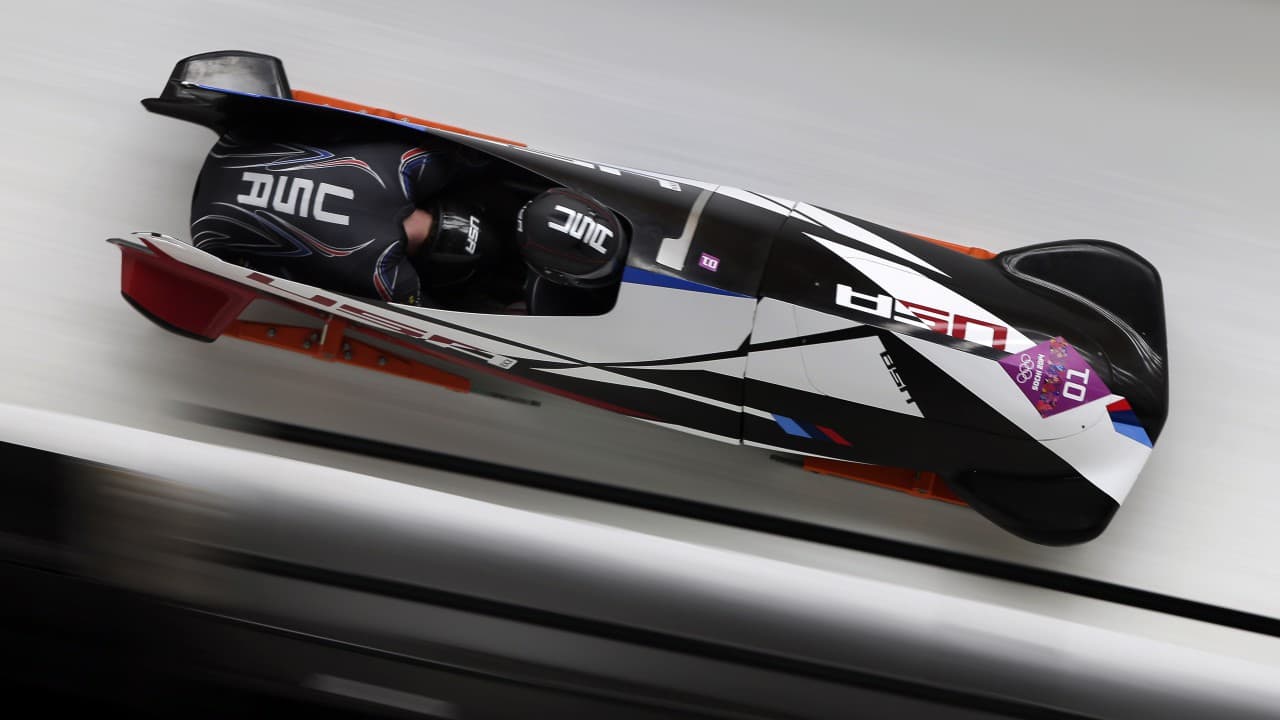
USA Hockey
No matter what happens this weekend, USA hockey has done itself proud. The American women took home silver after losing a heartbreaker to Canada, 3-2, outplaying their archrivals most of the game but giving up two late goals to send the game to overtime.
You can always count on American Olympic teams to display great effort, defense and goaltending. That has sometimes been enough to win. But this Olympic year both the men’s and women’s teams have also displayed offensive skills and creativity that make longtime hockey fans want to stand up and cheer. They play beautiful hockey. Fast, selfless, disciplined and clean. It is mesmerizing to watch. Any team on any night can lose to a bad referee or a hot goaltender. That’s why the medals don’t tell the whole story. But, win or lose, American hockey is, historically, at the top of its game.
LOSERS:
U.S. Speedskating
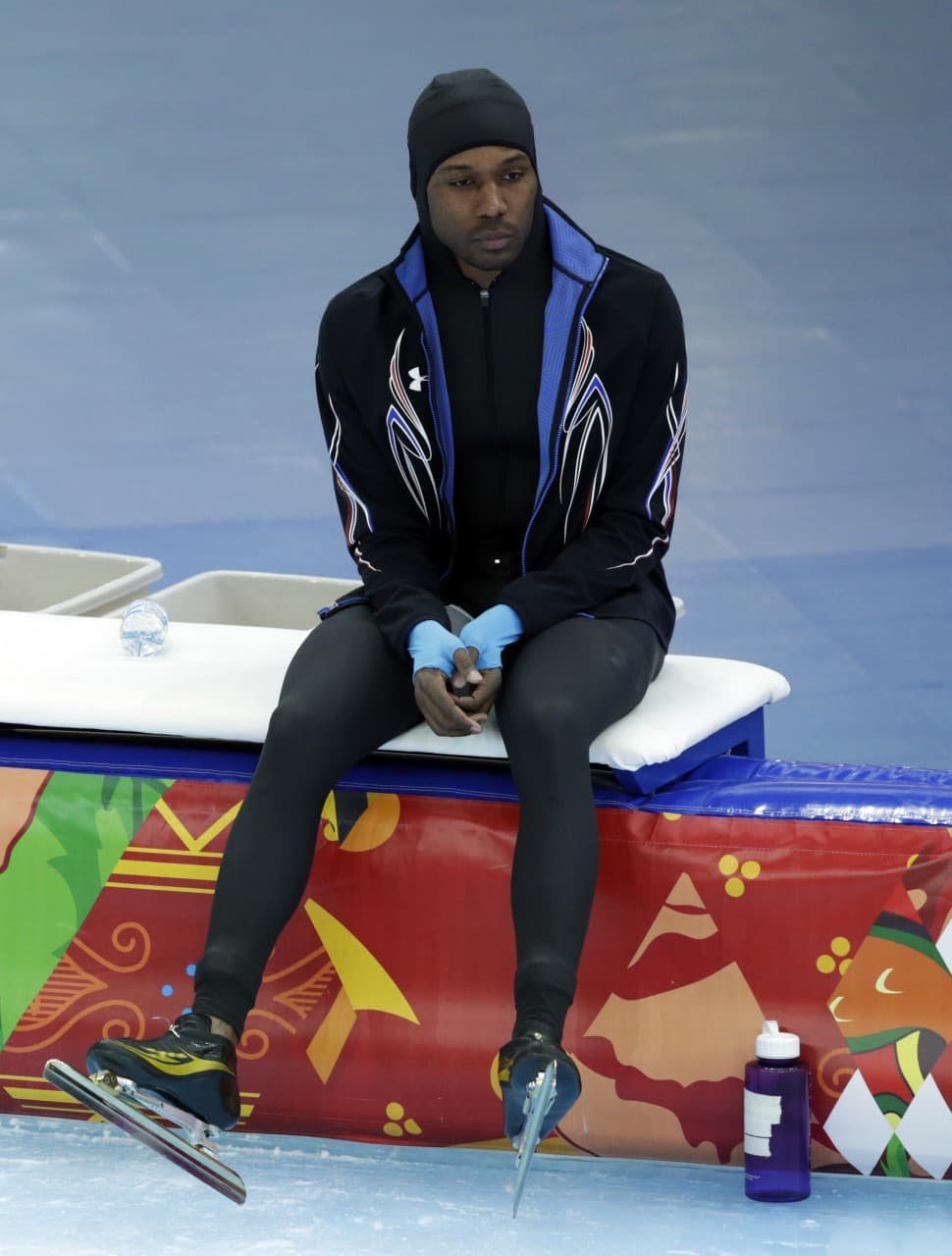
So far, no medals in either the long track or short track. Eric Heiden, where are you when we need you? Apolo Ohno, take the Subway back to the track. Bonnie Blair? Get your skates out of the attic! American speedskaters have a long and enviable history of success at the Olympics. Only the Netherlands and Norway have won more medals since 1924 than the 67 won by the U.S. So why the goose-egg in 2014, when both Shani Davis and Heather Richardson were expected to win gold? At first U.S. speedskating threw its main sponsor under the bus by blaming the new high-tech UnderArmour-designed suits for the team’s underperformance. But when a return to the previous generation uniforms failed to help, fingers started pointing toward the top. Maria Lamb, after finishing dead last in the 5000 meters, called the suit controversy “just the tip of the iceberg” and blamed the federation for letting its athletes down. Heads will roll going forward. As they should.
Vladimir Putin
These Games were supposed to showcase Russia as a modern, progressive superpower on the rise once again, unified behind Putin’s visionary rule. Instead, they have clarified our understanding of Putin the cold-blooded, autocratic dictator.
There was, of course, the early stain of Russia’s anti-gay propaganda laws, which dominated much of the pre-Olympic media coverage. Putin then tried to soften his image by releasing some political opponents from jail and saying that gays would not be discriminated against in Sochi, as long as they didn’t bother Russian children. Among the political opponents released was the band Pussy Riot. Refusing to be muzzled, the mostly female band reappeared in Sochi, where they were repeatedly detained, released and eventually horsewhipped and pepper-sprayed for performing in public without state approval. The emperor Putin had removed his clothes.
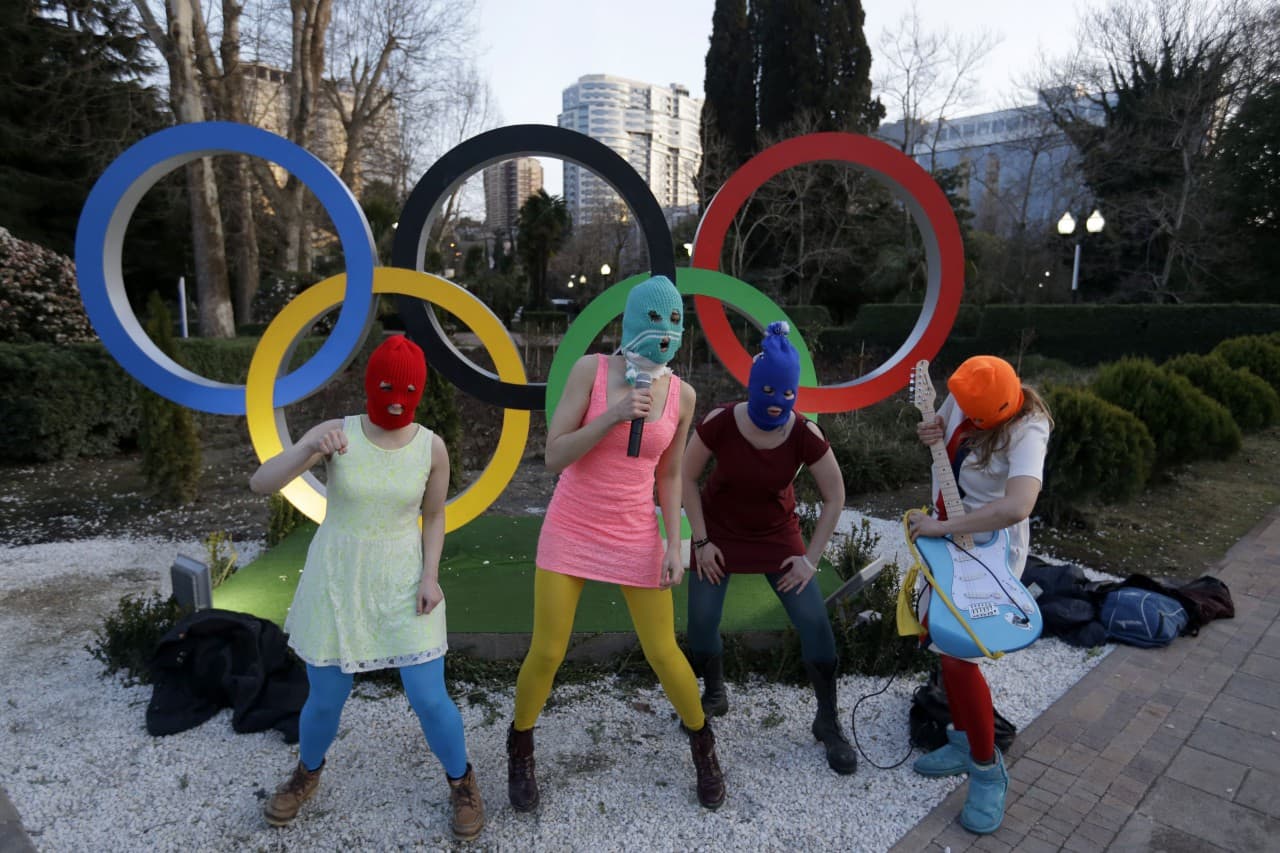
The Russian hockey team, which Putin had identified as the best team in the tournament, was beaten twice: first by the U.S., then, in the medal round, by Finland. It was the gold medal Putin had most coveted.
And finally, most ominously, neighboring Ukraine, whose government was closely aligned with Putin, seems to be descending into civil war as the Olympics draws to a close.
Not exactly the coronation the Russian president had hoped Sochi would provide him.
Bob Costas
The Olympics seem to define some broadcasters’ careers. For Jim McKay, it was his superb, perfectly nuanced performance during the 1972 Munich Olympics, when terrorists took the Israeli Olympic team hostage. For Al Michaels, it was his iconic “Do you believe in Miracles?” call at the conclusion of the U.S.-Soviet hockey upset in 1980.

And now, at last, Bob Costas has his signature moment. It was when he shared with us his brave battle against pinkeye, soldiering on when others might have stayed in bed, drinking vodka to ease the pain. Yes, Meredith Vieira and Matt Lauer were eventually called in to spell him, seamlessly proving how simple it is to sit in an armchair reading a teleprompter. But Bob returned, tortoise-shell glasses be damned, to lend his boyish gravitas to the Games.
Some images are, unfortunately, impossible to forget. Bob with pinkeye is one.
